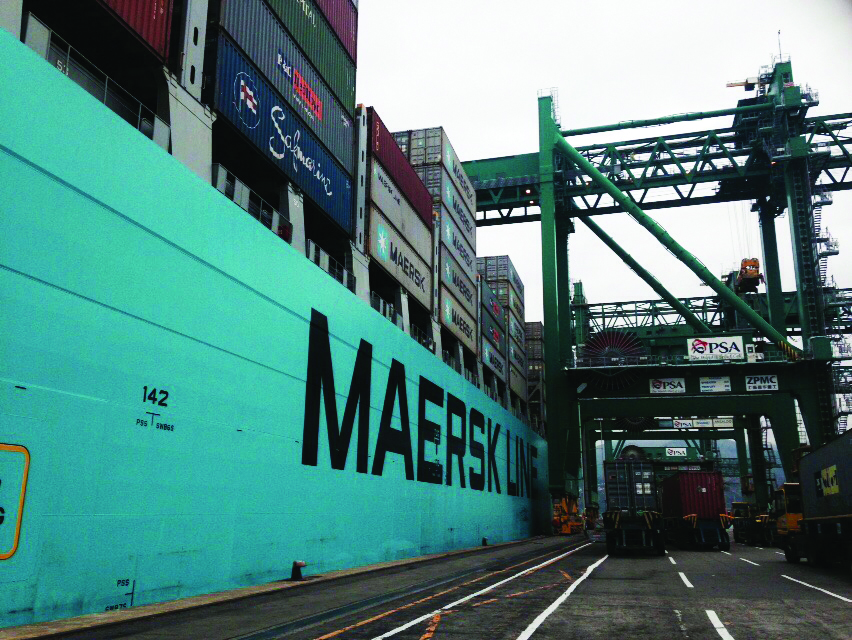Maersk reports stability in seafreight but airfreight remains volatile
In Maersk’s latest market update for Europe, it reports the arrival of “much-needed stability and resilience” across its global network, following several challenging months across Europe. According to the report:
Close cooperation with ports, combined with contingency planning and schedule changes have resulted in improved congestion levels, berth waiting times and port productivity across the región. The significant improvement of our service delivery figures has put our reliability and service levels at the top of the industry. While schedule reliability continues to increase, we will continue to monitor bookings and follow the demand with positioning to ensure minimal impact to customers. Despite this, some concerns remain regarding yard density and longstanding containers.
Two rounds of strikes in the UK ports of Liverpool and Felixstowe had caused disruptions to schedules, but Maersk said its teams had established contingencies and revised schedules to maximise labour immediately after the strike.
A series of service adjustments have been activated on Asia-Europe trade in order to balance the supply and demand, it noted, which would help improve terminal and schedule recovery – the key barriers for global supply chains.
The report said:
October is typically where we see the start of the reefer export peak season, which lasts through to early in the following year. This year is no different, and we have focused on ensuring that the right levels of equipment and capacity are in place to support the peak for customers. In line with the improving operational situation in Europe, we look forward to supporting a strong peak season over the coming months.



